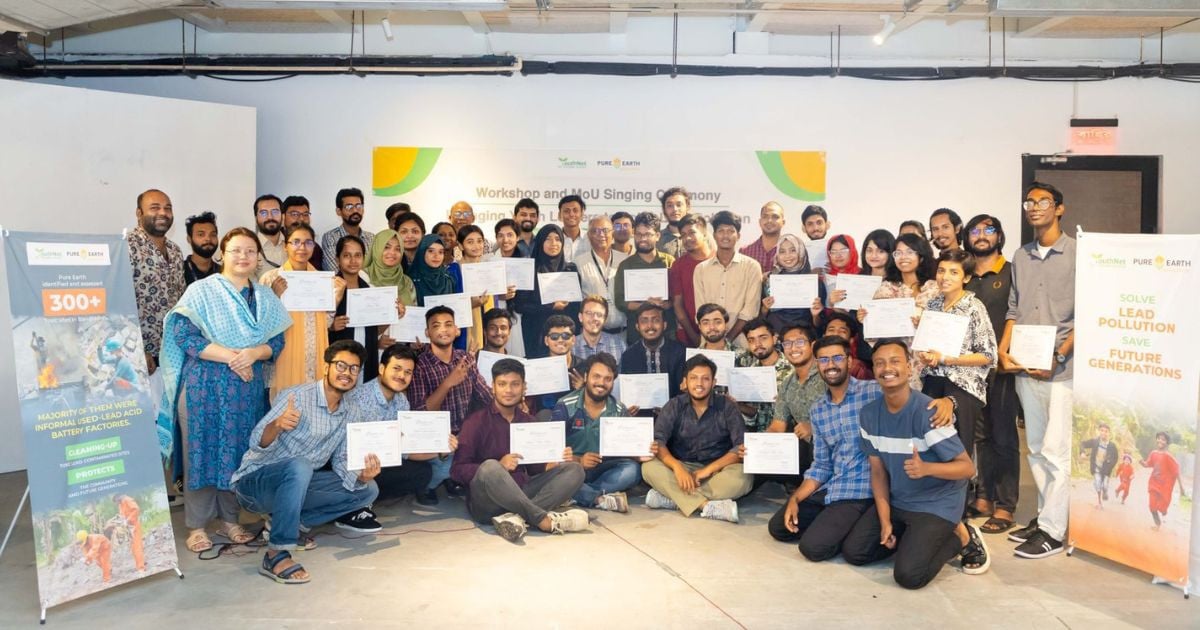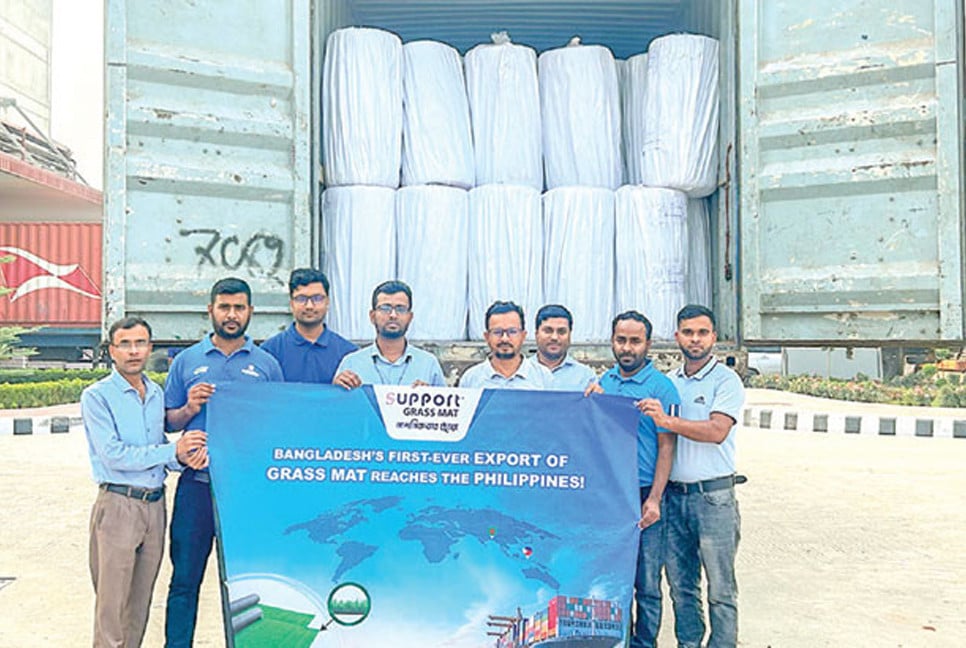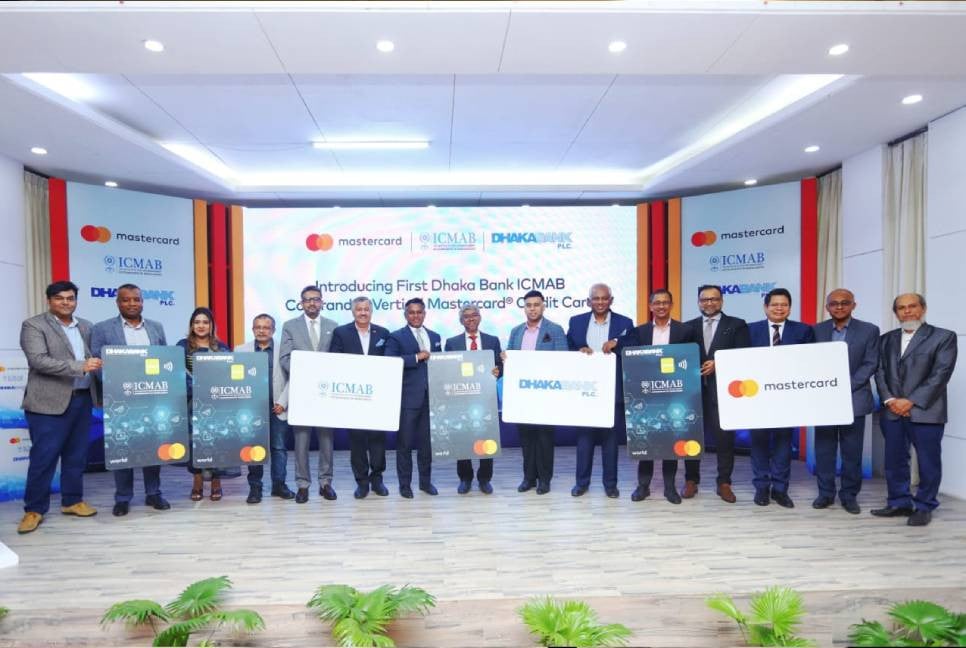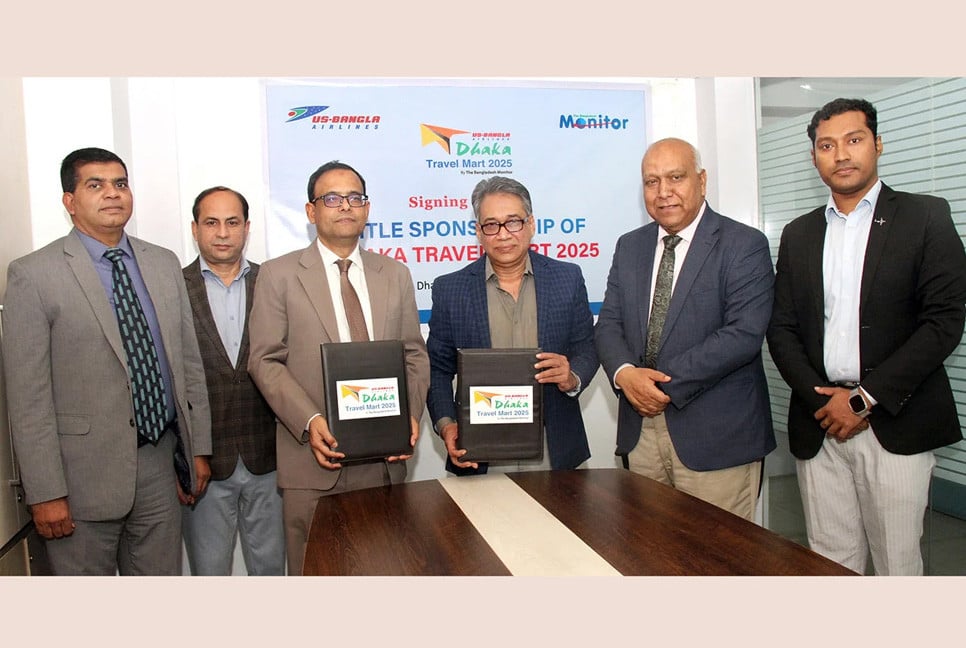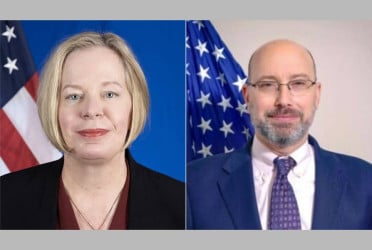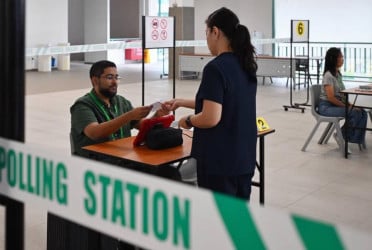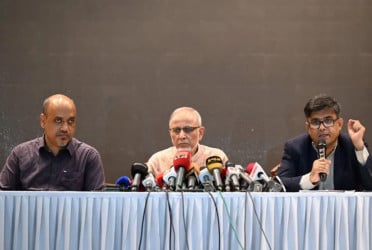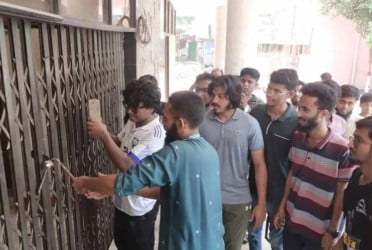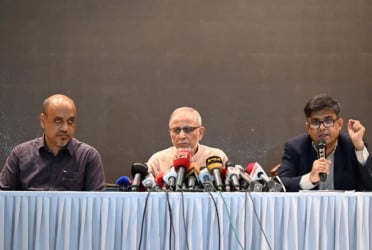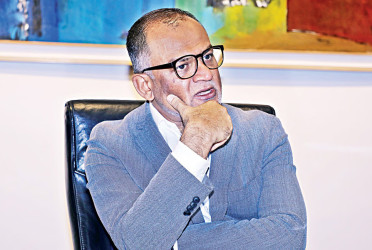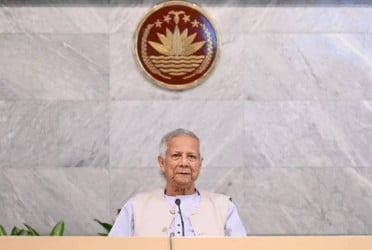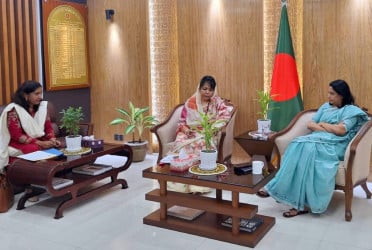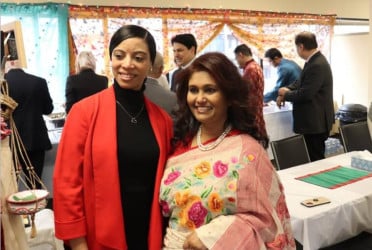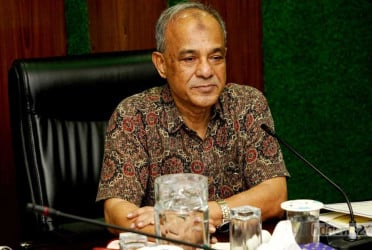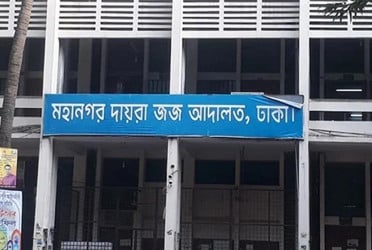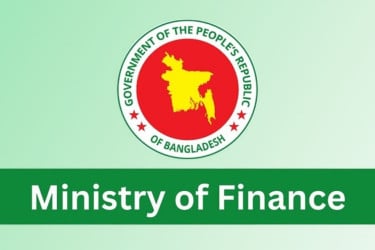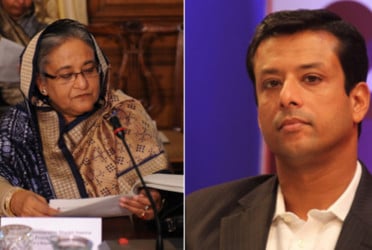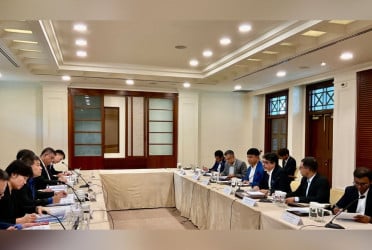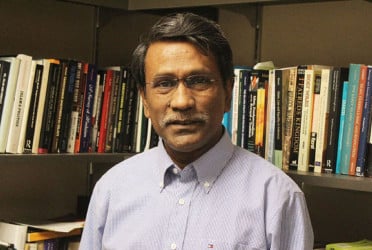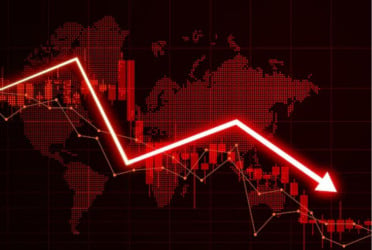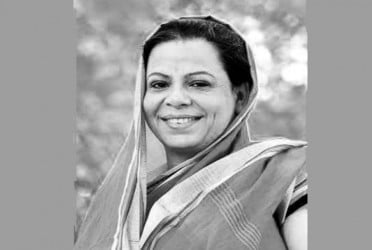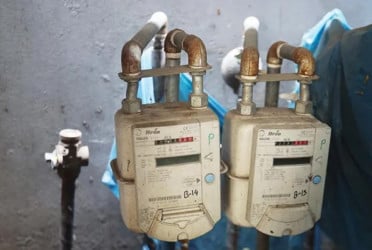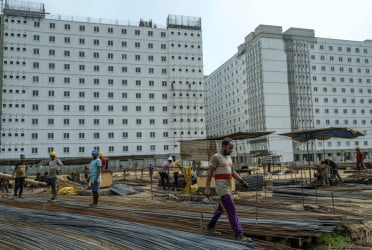YouthNet Global and Pure Earth Bangladesh have officially launched a youth-driven movement to tackle the growing crisis of lead (plumbum) pollution in Bangladesh.
They signed a memorandum of understanding (MoU) during a workshop at the Aloki convention centre in Dhaka on Thursday.
The workshop brought together 50 youth leaders from more than 20 educational institutions across the country to raise awareness, gain knowledge, and develop action plans to combat lead pollution, which has become a silent but devastating public health crisis in Bangladesh.
Facilitated by Mitali Das, communications lead at Pure Earth Bangladesh, the workshop featured presentations, video screenings, and interactive sessions.
Currently, 60% of the nation’s children are affected by lead poisoning, leading to an annual loss of 20 million IQ points and costing the economy approximately $28.6 billion – equivalent to 6% to 9% of the country's GDP (gross domestic product).
Another significant source of lead pollution is the informal recycling of lead-acid batteries, which power 3-4 million electric vehicles such as EZ bikes and e-rickshaws. With increased awareness and stricter regulations, lead pollution can be solvable.
YouthNet Global Executive Director Sohanur Rahman said lead pollution is a silent crisis that “endangers the health and future of our communities.”
“A clean and healthy environment is a basic human right—especially for our children, who deserve to grow up free from toxic exposure. Through our partnership with Pure Earth Bangladesh, we are igniting a youth-driven movement to demand a lead-free future and build a safer, healthier Bangladesh for all,” he said.
Pure Earth Bangladesh Country Director Mahfuzar Rahman said youth are naturally open to new ideas, eager to learn, and quick to adapt to new skills and knowledge.
“Their sensitivity and awareness of issues around them make their involvement crucial in tackling lead pollution. Engaging young people in this cause is vital for building a brighter future for Bangladesh—one where no one is left behind due to lead exposure, and children can grow up in a safe, lead-free environment,” he said.
Julien Deur, head of the economic department at the French Embassy in Bangladesh, said children around the world are being poisoned by lead on a massive and alarming scale.
“It is our collective responsibility to support youth-led action against this invisible threat. Empowering young people of Bangladesh to fight lead pollution is essential for safeguarding future generations and ensuring every child has the right to grow up in a safe and healthy environment,” he said.
bd-pratidin/Rafid

